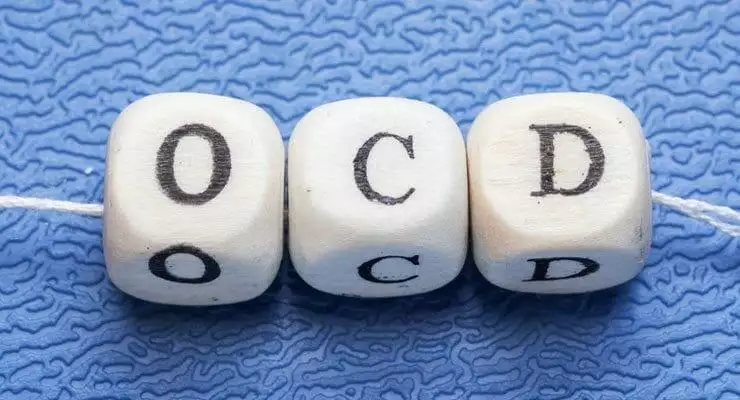The behaviors associated with obsessive-compulsive disorder can seem strange to people who don’t have it. You might wonder, for example, why your child washes her hands repeatedly, even when they are clean, why your child must count to 10 every time she enters a certain room or why she checks to make sure she closed her door over and over again. People with OCD have an anxiety disorder that manifests itself in thoughts they can’t get rid of. These thoughts lead the OCD sufferer to have strong urges to engage in rituals to banish or ward off the thoughts. The problem with these thoughts and rituals is that they interfere with daily life. Children as young as 5 can have OCD, but the good news is that advances in treatment are being made all the time.
Importance of Treatment
If left untreated, OCD can be a severe disruption in your child’s life and usually will remain into adulthood. There is no cure, but there are a variety of ways to treat the condition to minimize it enough so that it does not become disabling. OCD typically manifests itself by intense obsessions and compulsions, such as cleaning, checking, counting and hand washing.
Family-Based Cognitive Behavioral Therapy
Children between the ages of 5 and 8 benefit the most from family-based cognitive behavioral therapy. This therapy focuses on the unique needs of the child in his family context. In other words, the therapy is not only for the child, but for the family, too. Young children rely on their parents more than older children do. Therefore, parents play a larger role in guiding a young child or unknowingly reinforcing a young child’s rituals. The goal of family-based CBT is to teach the child and parents to understand the condition and to learn ways to manage and reduce symptoms.
Don’t Worsen Symptoms
One thing parents learn in therapy is how their actions could be making matters worse. While soothing your child’s anxiety is a natural and normal behavior for any parent, that tactic backfires on a child with OCD. By helping your child with her rituals, reassuring her that her hands are clean, for example, or by doing your child’s homework when her time-consuming rituals prevent her from doing it herself, you reinforce your child’s OCD. You are validating it and making it normal, and you should not do that if you want your child to get better.
The Therapy
Cognitive behavioral therapy exposes the child to his fears, while teaching him how to deal with them. For example, if your child must check his door multiple times before he can leave the house, make him leave without going back after he closes the door. He will experience anxiety, but after a while, the anxiety will decrease. Or, if your child has a hand-washing compulsion, have him get his hands dirty and only allow him to wash them once. Over time, the anxiety should lessen, and the child will learn how to fight the urge to succumb to the rituals. A trained therapist should treat your child; otherwise, the OCD could get worse.
Medication
In addition to therapy, some children require medication. Your doctor can prescribe selective serotonin reuptake inhibitors to help fight the urge to perform rituals. Medication alone, however, is not going to be enough to relieve the symptoms.





